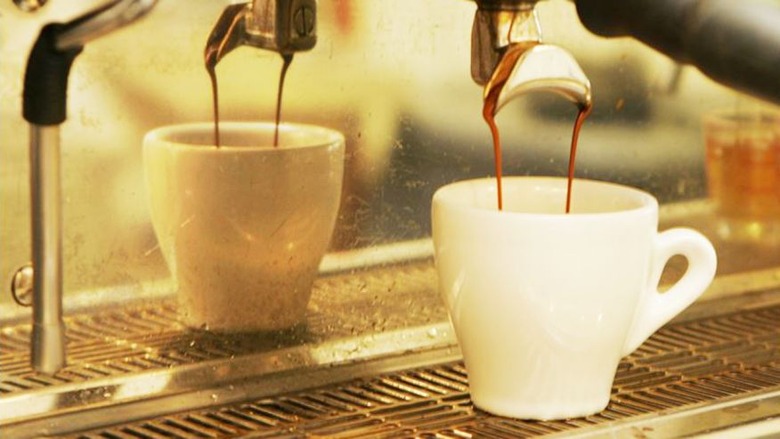Coffee Is Cheaper But A Crisis Looms And Could Hit In Three Years
You may be paying less for your morning cup of coffee today but experts warn an impending coffee bean shortage could lead to a global crisis within three years.
In 2015, the price of Arabica coffee dropped by about 30 percent in the U.S. due to favorable weather conditions promoting increased yields in major producing countries like Brazil, Colombia and Honduras, reports the Independent. In Brazil, heavy rains ended a long running drought and this year, the world's largest coffee exporter to expected to produce 10 million more pounds of beans.
According to the USDA, the U.S. it set to import more coffee than ever in 2016— bringing in 24 million bags (a bag is about 132 pounds) by the end of this year.
The surplus supply means coffee prices are falling for both Arabica and Robusta beans, two varieties that make up the lion share of coffee consumed in the world. Retail bean prices fell to $4.412 a pound in November, the lowest average price in almost five years, reports Bloomberg.
While coffee drinkers may have cause to celebrate for now, scientists warn that rising global demand and the effects of climate change are expect to lead to a coffee shortage.
A 2012 study from Royal Botanic Gardens and the Environment Coffee Forest Forum estimates a 65 to almost 100 percent reduction in the loss of geographic areas with climates suitable for growing Arabica beans by 2080.
Add that to an increasing demand for speciality beans— as traditionally tea-drinking countries like the U.K. and many Asian nations drink more coffee—and some experts say scarcity could appear in just three to five years.
"This thirst for high quality coffee means that production is not keeping up with demand at a global scale so stocks have been declining," Jeffrey Young, managing director of the food and drink market analysts Allegra Group, told the Telegraph.
The analyst believes that a "structural imbalance" between demand and suppliers is unsustainable as boutique coffee houses continue to open and people buy home brewing machines.
Unlike wine, high quality coffee is a luxury that's still being priced as a "cheap treat," according to Young.
In October, Andrea Illy, CEO of Illy, told Bloomberg that global production will have to rise by 40 to 50 million bags in the next decade to keep up with consumption–something that may be impossibe.
Related:
